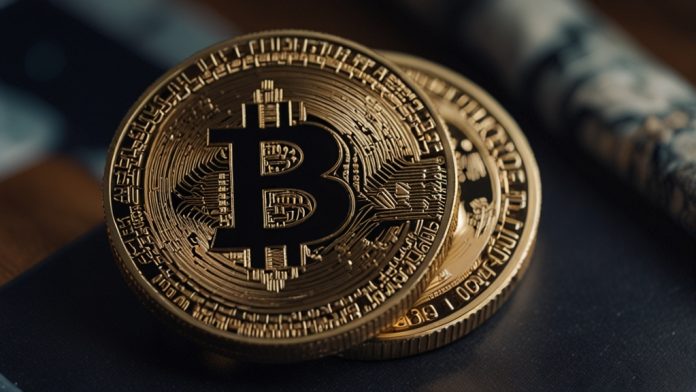Cryptocurrency transactions have revolutionized the way we transfer money, offering fast, secure, and decentralized payment solutions. However, one common concern for users is the time it takes to complete a transaction. The duration of crypto processing can vary based on several factors, including the blockchain network, transaction fees, and network congestion. In this article, we’ll explore how long crypto transactions take and what influences the processing time.
How Crypto Transactions Work
Before diving into processing times, it’s important to understand how cryptocurrency transactions work. When you send a crypto payment, the transaction is broadcast to the network, where miners or validators confirm and record it on the blockchain. This process involves several steps:
- Transaction Submission – The sender initiates the transaction by inputting the recipient’s address and the amount of cryptocurrency to be sent.
- Network Verification – The transaction is then validated by nodes in the network to prevent fraud and double-spending.
- Inclusion in a Block – Once verified, the transaction is added to a block and confirmed by miners (Proof of Work) or validators (Proof of Stake).
- Final Confirmation – The transaction is finalized after multiple confirmations, depending on the blockchain’s security standards.
Factors That Affect Crypto Processing Time
Several key factors impact how quickly a crypto transaction is processed:
1. Blockchain Network
Each cryptocurrency operates on a different blockchain with varying speeds. For example:
- Bitcoin (BTC): Transactions typically take 10 minutes to an hour, depending on congestion.
- Ethereum (ETH): Processing times range from a few seconds to a few minutes, thanks to its faster block generation.
- Ripple (XRP): Transactions are confirmed almost instantly, within 5 seconds.
- Litecoin (LTC): A transaction is usually confirmed within 2.5 minutes.
2. Network Congestion
If a blockchain network is overloaded with transactions, processing times can increase significantly. This commonly occurs during periods of high trading activity or market volatility.
3. Transaction Fees
Miners prioritize transactions with higher fees since they earn more rewards. If you set a low fee, your transaction might take longer to process, especially during busy periods. Some cryptocurrencies allow users to pay a higher fee for faster processing.
4. Number of Confirmations Required
Exchanges and wallets often require multiple confirmations before a transaction is considered complete. For example, Bitcoin transactions may need 3–6 confirmations, adding to the total processing time.
5. Type of Crypto Wallet
Transactions from custodial wallets (such as exchanges) may take longer because the platform processes transactions in batches. In contrast, non-custodial wallets (such as MetaMask or Trust Wallet) offer faster, direct transactions.
How to Speed Up Crypto Processing?
If you’re looking to reduce transaction times, here are some tips:
- Choose a Crypto with Fast Processing Times: Coins like Ripple (XRP) or Solana (SOL) offer near-instant transfers.
- Increase Your Transaction Fee: Paying a higher network fee can help prioritize your transaction.
- Use Off-Chain Solutions: Layer 2 scaling solutions like the Lightning Network (for Bitcoin) and Polygon (for Ethereum) improve transaction speeds.
- Check Network Status Before Transacting: Use blockchain explorers to check network congestion before sending a transaction.
Final Thoughts
The time required for crypto processing varies based on multiple factors, including the blockchain, network congestion, and transaction fees. While some transactions take just a few seconds, others can take hours or even longer. By understanding the factors that influence processing times, users can optimize their transactions for faster and more efficient payments.
Whether you’re using cryptocurrency for daily transactions or large investments, staying informed about processing times will help you navigate the blockchain ecosystem smoothly.



 Bitcoin
Bitcoin  Ethereum
Ethereum  Tether
Tether  XRP
XRP  Solana
Solana  USDC
USDC  Cardano
Cardano  TRON
TRON  Lido Staked Ether
Lido Staked Ether  Avalanche
Avalanche  Toncoin
Toncoin